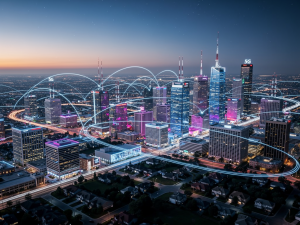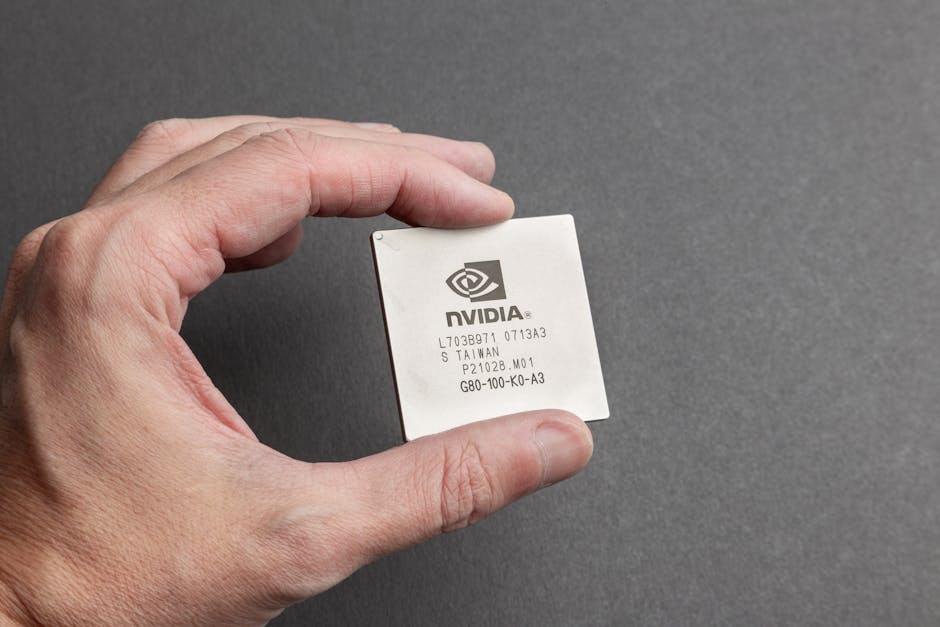The Rise of Burner Phones in Hong Kong Amid Cybersecurity Challenges

With rising concerns over mobile-based cybersecurity threats, a fascinating trend is taking shape on the streets of Hong Kong: the widespread adoption of ‘burner phones.’ These secondary mobile devices, often simpler and less advanced than primary smartphones, are now being used by both individuals and businesses to safeguard sensitive communication and transactions. This response highlights widespread fears about data breaches, exfiltration, and unauthorized access to private and corporate information, underscoring the perceived limitations of network operator security measures.
The Growing Threat to Mobile Cybersecurity

Pexels
The cybersecurity landscape in Hong Kong is evolving rapidly, with new challenges emerging for individuals and organizations alike. In an increasingly digital world, protecting personal privacy, corporate confidentiality, and national security has become a complex balancing act. Heightened risks of data breaches have pushed companies to reassess their strategies, investing heavily in updating cybersecurity policies and adopting defensive measures. However, these concerns extend beyond individual efforts, as they mirror a broader anxiety about the ability of mobile networks to withstand sophisticated cyberattacks.
Unlike traditional cybersecurity scenarios, mobile networks pose unique challenges due to vulnerabilities lurking in provider-level protocols, such as SS7 and Diameter. Research from organizations like the European Union Agency for Cybersecurity (ENISA) has shown that end users often lack the tools to adequately protect themselves. Even with encryption, the potential for data leakage persists at deeper levels of the network, highlighting the need for telecommunications operators to take greater responsibility in securing these systems.
Burner Phones: A Practical Solution to Rising Risks

Pexels
The adoption of burner phones is proving to be a robust defensive tactic against potential cyber intrusions. In environments where the risk of data exfiltration is perceived as high, individuals and corporations are turning to these secondary devices as an effective way to compartmentalize sensitive data. By limiting exposure to insecure local network services, burner phones provide an extra layer of security against cyber threats—a growing necessity in today’s high-risk digital environment.
This trend extends beyond tech-savvy individuals. Businesses across various industries have also embraced burner phones to protect trade secrets, client data, and proprietary information. For many, the usage of these secondary devices is no longer seen as a quirky or temporary measure but rather as a fundamental step toward enhanced digital security. The rise of burner phones draws attention to an ongoing crisis of confidence in network providers and underscores a significant gap in mobile network cybersecurity.
Addressing the Cybersecurity Responsibility Gap

Pexels
Burner phones, however effective, represent only a portion of the solution to Hong Kong’s cybersecurity woes. The responsibility to protect sensitive communication and data does not fall solely on end users but must also be shouldered by network operators and policymakers. The new US National Cybersecurity Strategy and Australia’s Cyber Security Strategy echo this sentiment by advocating for proactive action at the network level to block cyber threats before they impact users.
Governments and telecommunication providers must work collaboratively to shore up vulnerabilities in mobile networks. By implementing stronger encryption protocols, developing robust access control systems, and actively monitoring for threats, network operators can rebuild trust in their services. Additionally, as burner phones gain popularity, they serve as a symbolic reminder of the urgent need for systemic reforms to enhance mobile network security amidst an evolving threat landscape.
In conclusion, the rise of burner phone usage in Hong Kong reflects not just a local trend but a global reckoning with mobile-based cybersecurity challenges. As digital threats grow more sophisticated, practical solutions like burner phones become essential tools for protecting privacy and security. However, the real long-term solution lies in a collaborative effort to strengthen network-level defenses and restore confidence in telecommunications infrastructure.







